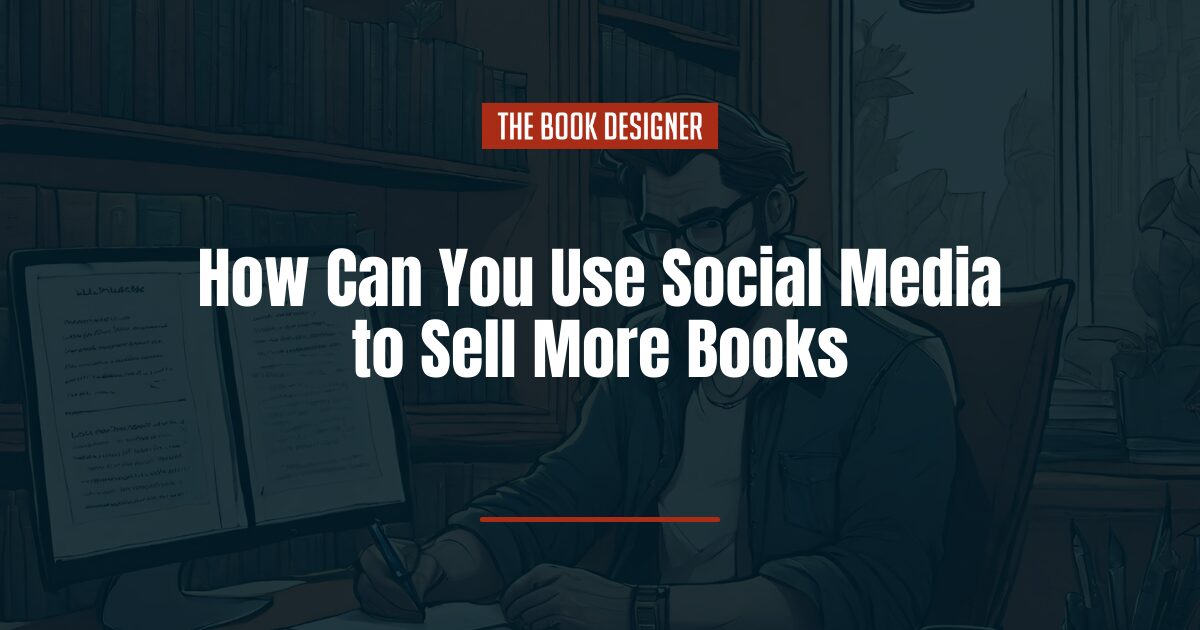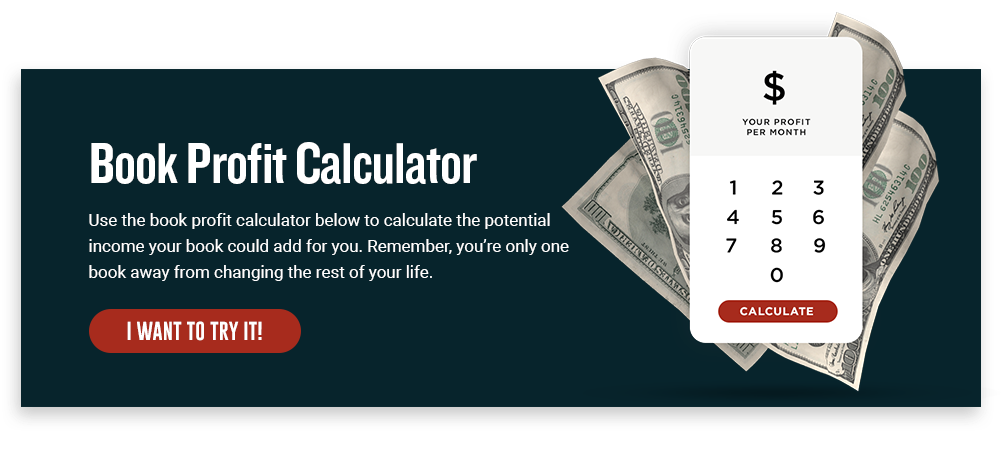If you’re an indie author, you’ve likely heard someone say “You have to use social media.” Social media for authors can be a tough sell if you’re not already active on social media, don’t particularly care for it, or consider it one more activity to pile onto an already long list of to-dos.
So, is it really necessary?
The short answer is yes. Unless you are famous with a guaranteed base of followers who are ready to buy whatever you’re selling, social media can level the playing field and get you in front of people who you may never come in contact with otherwise.
Before social media, expensive advertising, huge marketing campaigns, and large publisher investments were how unknown authors got exposure. Before big publishers, authors had wealthy patrons who would finance their work and put them in front of other wealthy members of their community.
Throughout history, there have always been a few who slipped through the cracks of the traditional path to author success, but for the most part, success, patronage, and exposure go hand in hand.
Here’s what you need to know about selling books on social media:

Using Social Media to Sell Books
Selling books on social media doesn’t necessarily refer to direct sales. Honestly, no one really likes being sold to, however, people do like to feel like they are a part of a community, especially one dedicated to something they enjoy. This is where social media comes in.
For authors, social media is the gateway to creating a dialogue with your readers. One-to-one connections are not always possible, but social media provides a one-to-many opportunity that puts you in front of your readers (and potential readers) in a way that feels approachable and relatable.
When you take the focus off of selling which can sometimes feel forced and inauthentic, and place it on nurturing relationships, your audience feels heard, and when you feel like you’re a part of something, you’re most likely to buy into the ask—in this case buying a book.
Here are some important points to consider:
- When it comes to your author career, the question isn’t “Should I use social media?”, but rather which social media platform should I start with? As an author, it’s important to go where you’re ideal readers hang out and not expect them to come to you. Build the community around your author brand first, and then take them to where you want them to go (e.g., your website).
- Start marketing on social media well before your book comes out. This allows you to warm up your readers first. Talk to them. Share your writing journey and your process. Have them weigh in on your book cover design. Remember, building your author brand community is all about relationships. If readers feel that all you’re focused on is the bottom line, they’ll lose interest quickly.
- When selecting the best social media platform, consider your ideal reader and where they likely spend their time online. Instagram, TikTok (#BookTok), Facebook, Goodreads, and X(Twitter) are great places to start. Each has a specific audience type. You just have to figure out which is the best fit for you.
- Social media is not a “post it and they will come.” Being successful on social media takes thoughtful planning and the tenacity to test the market until you find what works best.
Successful Authors Who Use Social Media
One of the best ways to get ideas on how you can use social media to grow your following is by following successful authors. Observe
- How often do they post?
- How do they interact with their followers?
- When and how often do they promote their books?
- What’s the tone of their posts?
- Do they use video, quotes, and personal photos, or keep it professional?
Take a look at these popular author social media accounts to see if any resonate with you and your style of marketing. Remember, the idea is not to copy what they’re doing but to use their example as a starting point for your own social media marketing.
- Lucy Score is a romance author with an impressive list of over 30 books. A number of her books have Amazon reviews in the tens and hundreds of thousands. Her Instagram account (168k followers) is filled with personal pics and an inside look at her writer’s life.
- Matt Haig – Another prolific author, is also active on Instagram (706k followers). His posts are a mixture of family, his books, and a few of his favorite things sprinkled in to make things interesting.
- Evie Woods – The author of the Amazon, Wall Street Journal, and Sunday Times bestseller, The Lost Bookshop, can be found connecting with her readers on Instagram where she shares a cozy personal space for her followers to visit.
- Rebecca Yarros – While many authors focus on one social media platform, Rebecca Yarros is active on three. You can find her posting regularly on both Facebook (113k followers) and Instagram (610K followers).
- Lysa TerKeurst – Staying active on multiple social media platforms can be tough for any author to juggle, but Lysa TerKeurst does it with grace and finesse. You can find her on Facebook (1.6M followers) and Instagram (901K followers). Her author brand carries over from her website and blends seamlessly with her social media presence.
I added the social media follower numbers to emphasize that, unlike one-on-one conversations, it is still possible to impact a large number of followers when using social media. But the reality is that while a large number of followers might seem impressive, it’s the level of engagement that demonstrates the true success of a social media community.
Conclusions
The ultimate goal of using social media as an author strategy is to build a community and point readers to where you want them to go (e.g., your website). While social media marketing is a good strategy to implement in the short term, the long-game plan should always be to build an email list so you can control the conversation and market to potential buyers directly.
Social media algorithms can be unpredictable, so while a social media presence is a good place to “rent”, ultimately, you want your permanent home to be on your own website.
Use social media for the purpose it is intended—to be social, but have a strategy in place that leads to an end goal. Post on a schedule. Create content that your ideal reader wants to read, and be yourself. Authenticity is key. It builds trust and makes readers more inclined to purchase your books in the long run.




